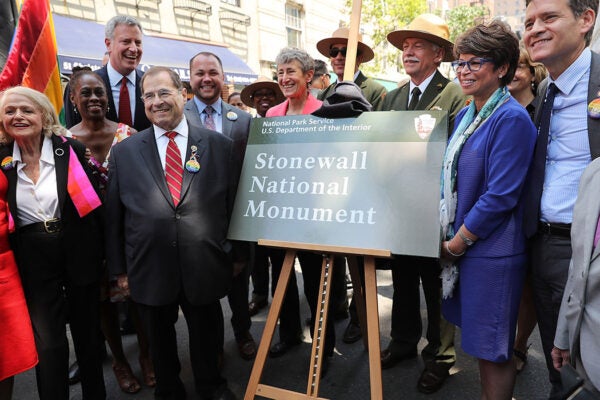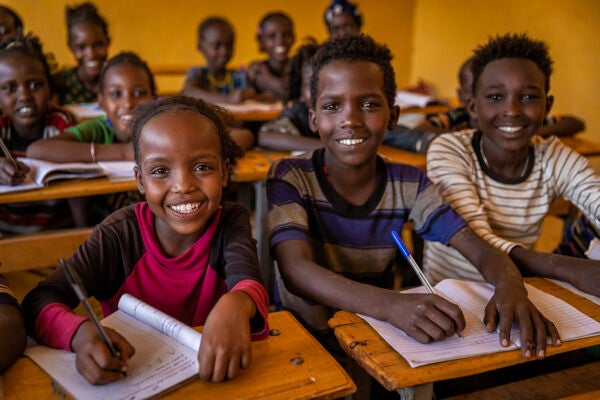Qùynh, a medical doctor from Boston, left Vietnam as a child in 1988 and returned in 2007. She enjoys her work in Ho Chi Minh City, and, as a parent of young Vietnamese American daughters, finds it a practical location “for our girls to learn about their culture.”
Qùynh is among the overseas Vietnamese, or Viêt Kiêu, who call Ho Chi Minh City home “for now.” Her experience, which she shares with researcher Priscilla Koh, marks a complicated relationship with “home”—especially amid ramped-up government efforts to convince Viêt Kiêu to live and work in Vietnam.
Data on the number and profile of Viêt Kiêu doing business in Vietnam is not available, according to Koh. Nonetheless, she states that “increasing Kiêu are returning to Vietnam, specifically to Ho Chi Minh City, to live and work.” This group includes the thirty-eight returnees she interviewed from 2008 to 2010—mainly college-educated white-collar workers in their thirties, who have now been in Vietnam for as long as sixteen years.
As Koh explains,
All of my informants went to Vietnam with “flexible” plans to try out life in the country for two or three years; none had arrived with the expectation of finding “home” or “belonging” there; and all made the choice to remain in Vietnam despite their ambivalent sentiments and their ambiguous experiences there.
Based on her interviews, Koh finds that returnees—who are either the children of emigrants, or left Vietnam when they were young—moved to Vietnam as adults for reasons ranging from “profound sense of not belonging in their home countries, search for identity and need to understand their pasts,” to “specific features in Vietnam’s socio-economic and cultural landscape” that they found attractive.
Koh notes that the state’s relationship with ethnic Vietnamese overseas has varied over time, and the term Viêt Kiêu even had “negative and somewhat derogatory connotations” in the post-war 1970s.
“One way for the Vietnamese government to resolve the contradictions between its past and present treatment of Viêt Kiêu is to emphasize cultural and racial heritage more than political belief,” she writes. But she has also learned that returnees’ ties to Vietnam have “little or nothing to do with state discourse on ‘homeland’ and ‘primordial ties,’ or with furthering the goals of exile politics.”
Weekly Newsletter
In fact, she finds that overseas Vietnamese may harbor concerns about the security of their business and property ownership rights, as well as their own civil rights, when living in Vietnam. At the same time, they choose to live in Vietnam to pursue “personal interests” and life goals, including finding community among what one interviewee described as “people who looked like me.”
“Their relocation to Vietnam has enabled personal growth and a change of perspective that would have been impossible, had they remained in their home countries or moved elsewhere,” Koh writes.
Their stories also show how “the Vietnamese diaspora is multifaceted, fragmented and complex, particularly along generational lines.”
Support JSTOR Daily! Join our new membership program on Patreon today.







